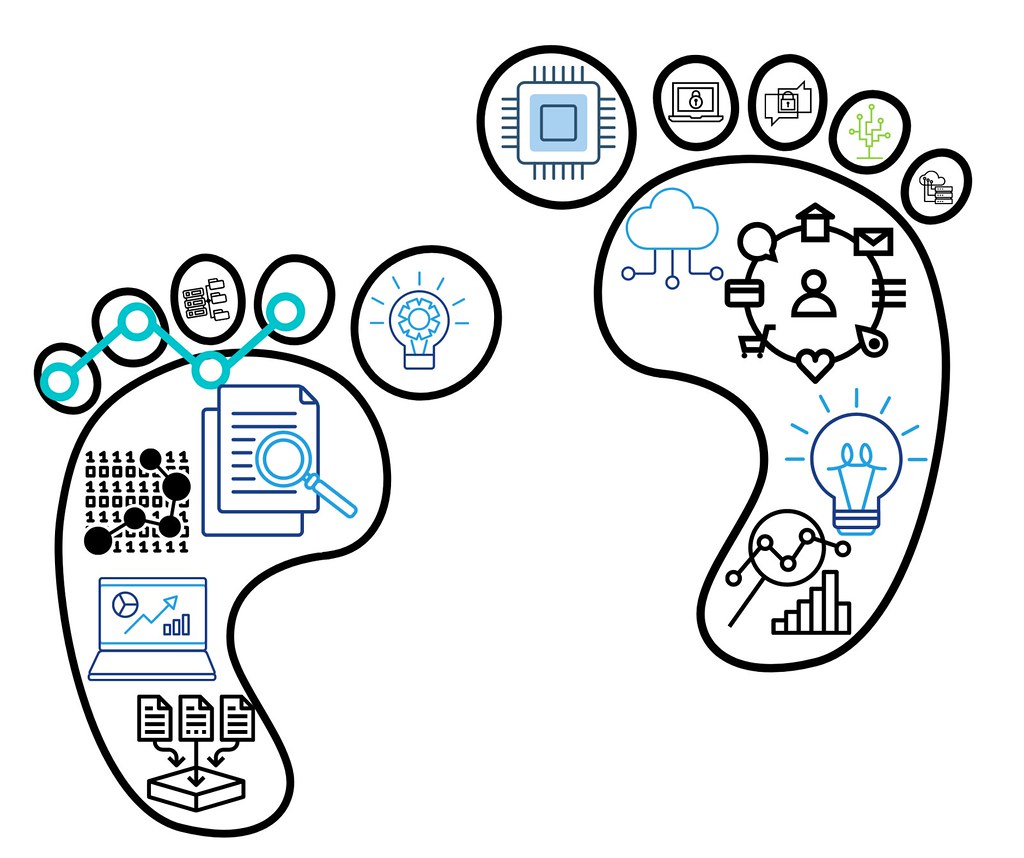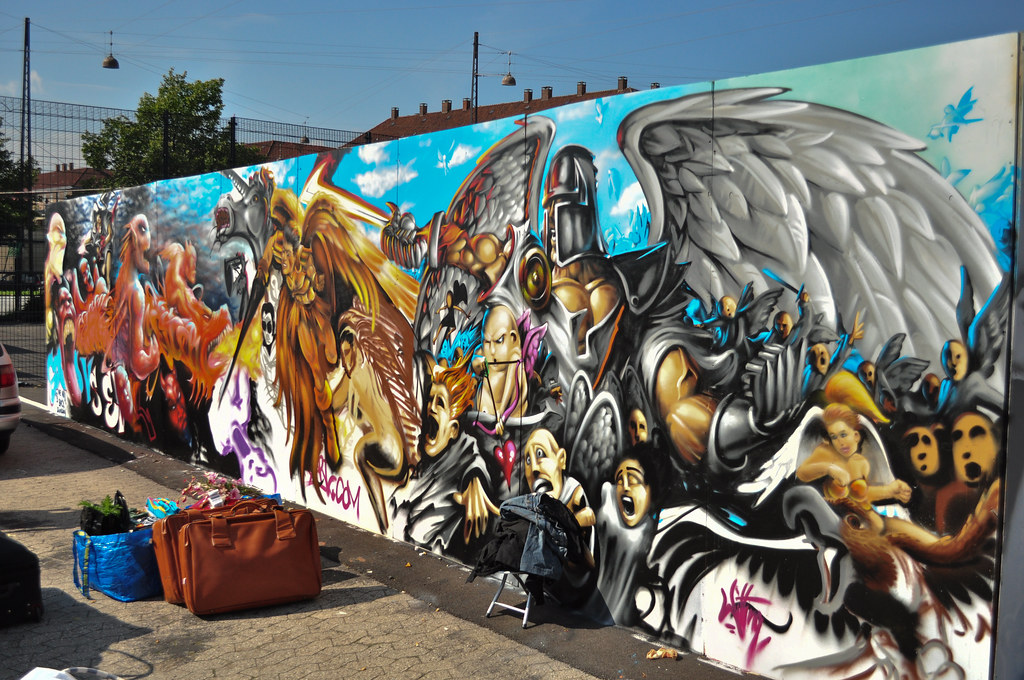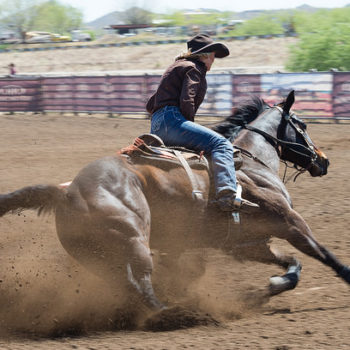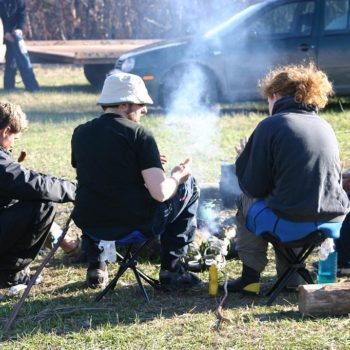A positive digital footprint is very important for your future, especially if you are still in school, and it can be done in multiple different ways. Having a positive digital footprint means that all your social media accounts are clean of anything that could get you into trouble. “Social media like Facebook and Twitter can be used in a proactive way to develop a positive online presence.” (jalger) Both these apps can help you attract attention from people positively. It is effortless to keep your accounts clean; don’t follow or accept follows from random people you are not familiar with, don’t post anything that could backfire on you later, and don’t say things to people that you could get reported for. Even though you are behind a screen, it doesn’t mean you are completely anonymous.
Creating a positive digital footprint can be done in many ways. One way is to make your profiles private, so you have to accept their requests before they follow you. Another is only posting positive stuff, nothing that can be turned against you. Other ways can include proving to people that you are a caring person and can be trusted. “…an online resume that showcases their skills and abilities to use different tools could be what gets them noticed.” (jalger) This quote is telling kids a way to get noticed by either an employer or a coach. Future employers or coaches can see your profiles and doing these few things can prove to them that you can be a trusting employee or teammate.
On the other hand, it is also easy to accidentally create a negative digital footprint. As I mentioned before, using apps like Facebook and Twitter can help you get in contact with people like coaches if you play a sport or an employer if you are looking for a job. But you can also create a bad reputation on both, like posting something you should keep to yourself. An example of that would be discriminating against a certain group of people, or maybe posting a picture/video that someone could use against you later down the road. “We talked about how it effects other people, how much it hurts, and most important, how to STOP this from happening.” (Angela) Here, Angela from “Twenty-Five Days to Make a Difference” is talking about the R-word and how people should no longer use this word since it is offensive to many people. Say you decide to include this word in a post, anyone could end up seeing your post, even a future boss, and decide that you aren’t fit for the job simply because of that. It is very easy to keep your accounts clean and give yourself a good rep, but just one post or tweet could destroy your chances of something you worked hard for.
“Digital Footprints (left and right)” by John Curtis (Teacher Librarian) is licensed under CC BY-NC-ND 2.0.












